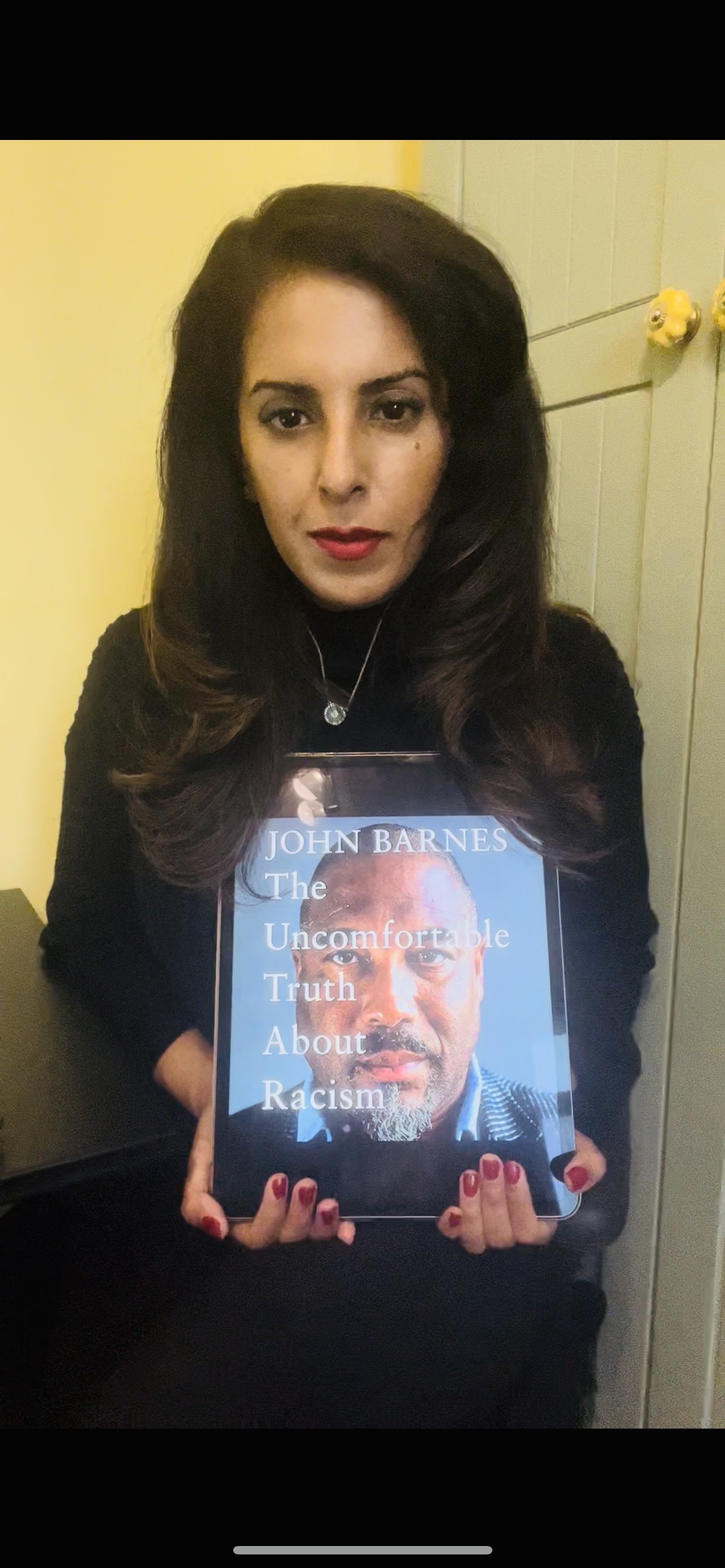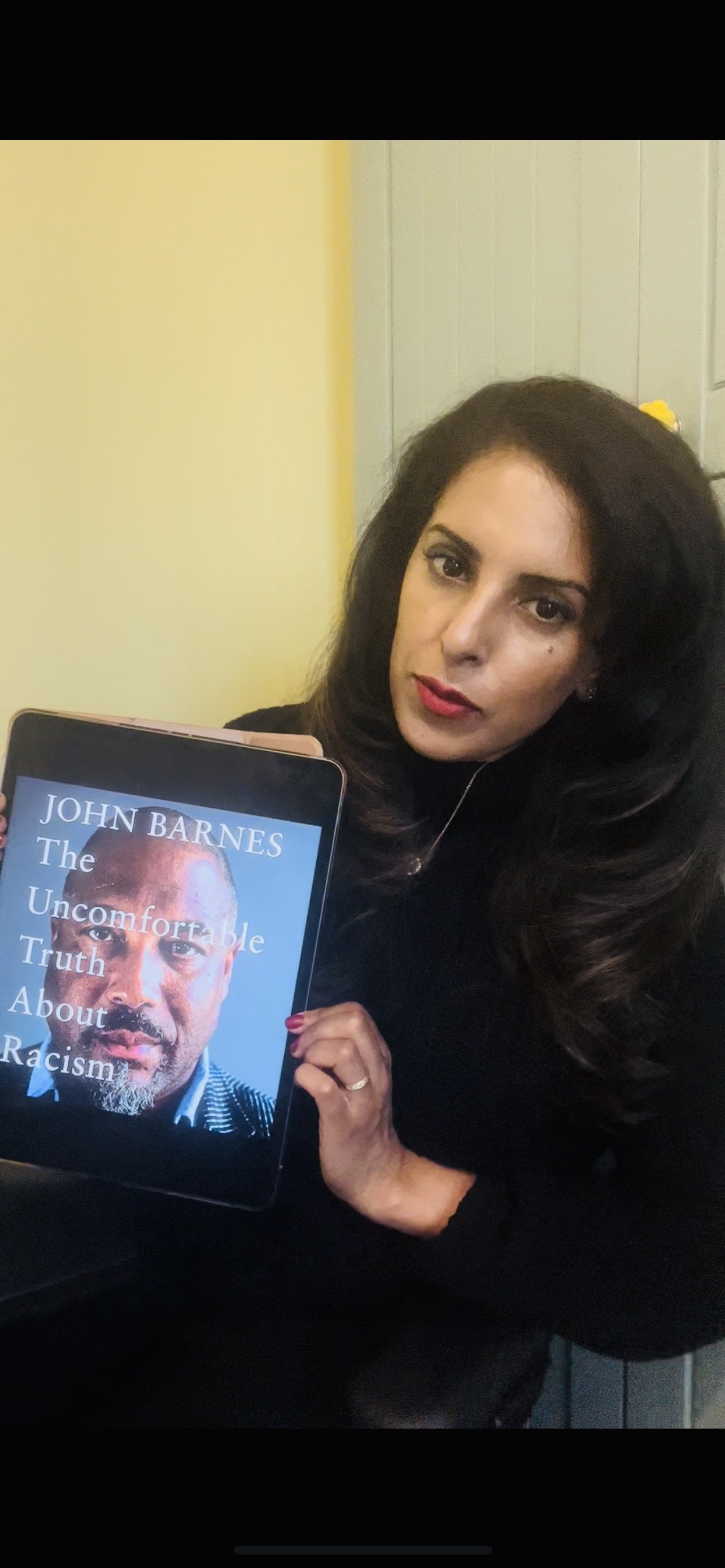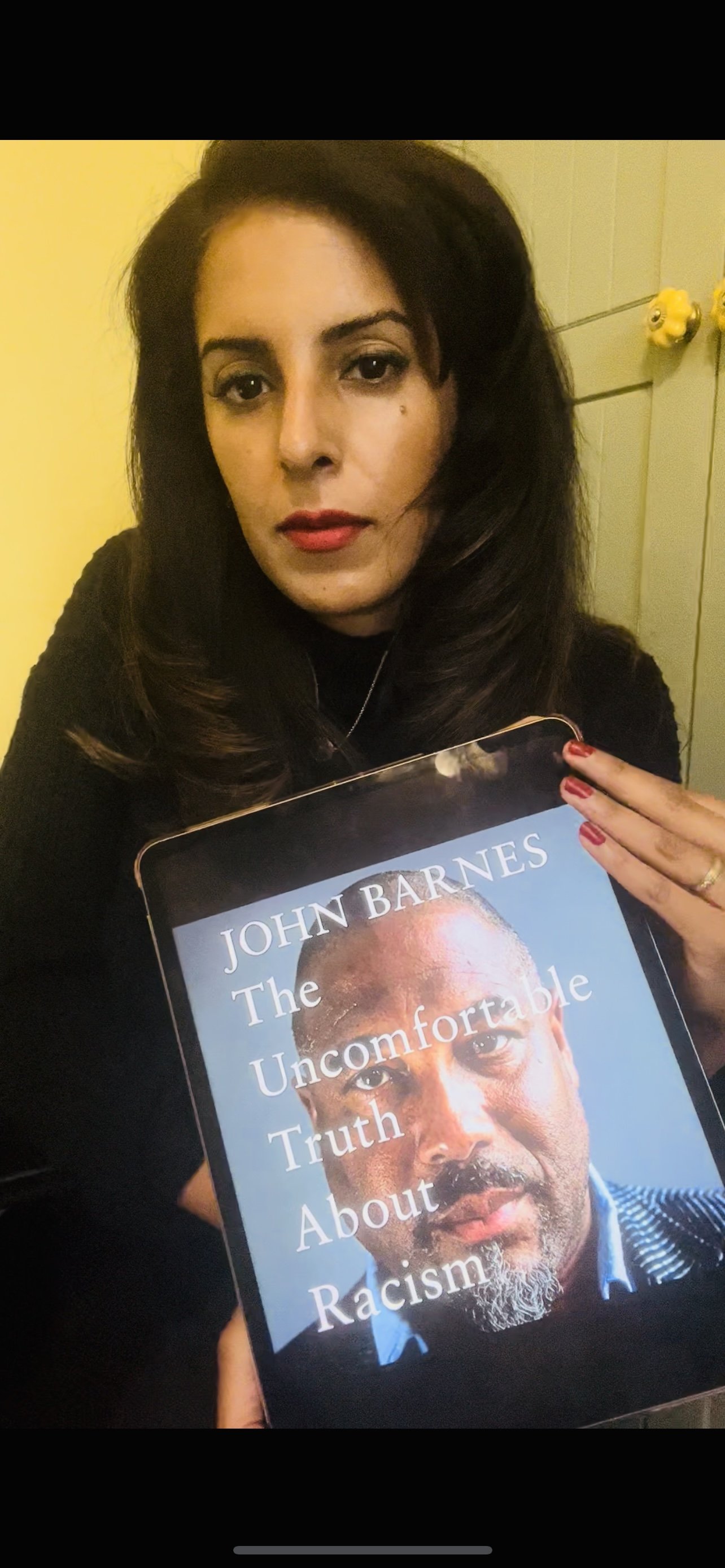John Barnes: ‘The Uncomfortable Truth About Racism’ Book Review
In John Barnes recent book, ‘The Uncomfortable Truth About Racism’ he unapologetically gives his thoughts and beliefs about the causes, effects and solutions for racism in society.
Barnes’ book is part-autobiography and part-strategy on dealing with racism at a deeper and more conscious level.
His account of racism is very insightful and based on lived experience. Barnes’ perspective is very valuable and pertinent considering his long career in football which has a bad reputation for institutional racism. He talks about his personal life, family and growing up to become a professional footballer and then managing football clubs in older life.
For many years Barnes has been an activist for anti-racism, and has been very vocal on the issue in the media. While his focus is on anti-blackness, he also advocates for other marginalised groups at the same time including the Muslim community.
As well as laying bare the issues around anti-black racism, he strongly believes that everyone who is disenfranchised needs to stand up for each other, and be together in the fight against racism, bigotry and inequality.
Having come to Britain from Jamaica when he was 12 years’ old, Barnes had a strong sense of identity and self. When he started playing football, he would be on the receiving end of racist ‘banter’ which he just laughed it off. There would often be banter back and forth between the white and black players.
“However, he points out that ‘banter’ and racism towards black people is different to banter with white people, and this is because of the power dynamic and history behind the relationship. White people are in a position of power as a whole, and ethnic minorities are not. Therefore, when black people are targeted in this way, there are much bigger repercussions of this behaviour on society as a whole, and it reinforces the power dynamic and racism embedded in our institutions and psyche.”
Racism stems from fear and an inferiority complex. According to Barnes, in recent years, it may seem on the surface that things have changed, but if you look at the constant racism in the institutions of this country and the deep entrenched beliefs of the masses, it can be very telling.
Barnes states clearly that you can’t pass laws to stop racism, as it still simmers under the surface. What you need, he states is to change people’s attitudes and perceptions to black people and the ‘Other.’ In order to get rid of racism in industries like football and the police, Barnes believes that you need to get rid of racism in society first.
The establishment as Barnes states, has a subtle yet manipulative way of keeping power. It may seem they are including more black people in positions of power but he believes that this is an age-old colonial tactic. By giving some concessions to a select privileged few, it serves to appease the masses and calm the waters, but the reality is that nothing changes. These privileged few are desperate to fit in, and conform to the white dominant society so will rarely rock the boat.
Another hard-hitting point he makes is that racism has not only been instilled in Britain and the west, but is also firmly instilled in former colonised countries as well. The colonisers made people of colour and different faiths think they were weak and incapable of ruling themselves. For centuries, they have been made to believe that they are inferior.
Even after nation states and independence was obtained, the colonisers left behind their governance systems, as well as indoctrinating their colonised subjects that western ways and education was superior. In India, for example, the British made English the official language in 1835 and imposed their system of education upon the Indians, belittling their own ways. Barnes controversially states that if we look at ourselves and what we value, it is often that which has been imposed upon us. He mentions that even the way many people are aspiring for an OBE and MBE to feel like they have ‘made it’, when the title in itself still refers to ‘Empire.’
Barnes believes that the real difference will happen when disenfranchised people stick together in the fight against racism and Islamophobia. He states that empathy and understanding are key in the fight for equality.
He adds that why do we expect white people to care and speak out against racism and inequality when they aren’t directly impacted by discrimination, when we don’t speak out for all communities who are impacted by racism and discrimination?
Barnes lays a large portion of accountability on the hands of the media, as they fuel racism with sensational headlines. He states that if you use the same headlines again and again they inevitably will start to embed. It is a way of programming people’s minds and a form of propaganda.
This is why studying history and learning about different people is very important. We need to educate ourselves about the world, colonialism and understand the past in order to grow and not relive the same mistakes again.
“Society needs to learn about its own history and culture to understand how we got to this position of such unconscious superiority and inferiority.”



